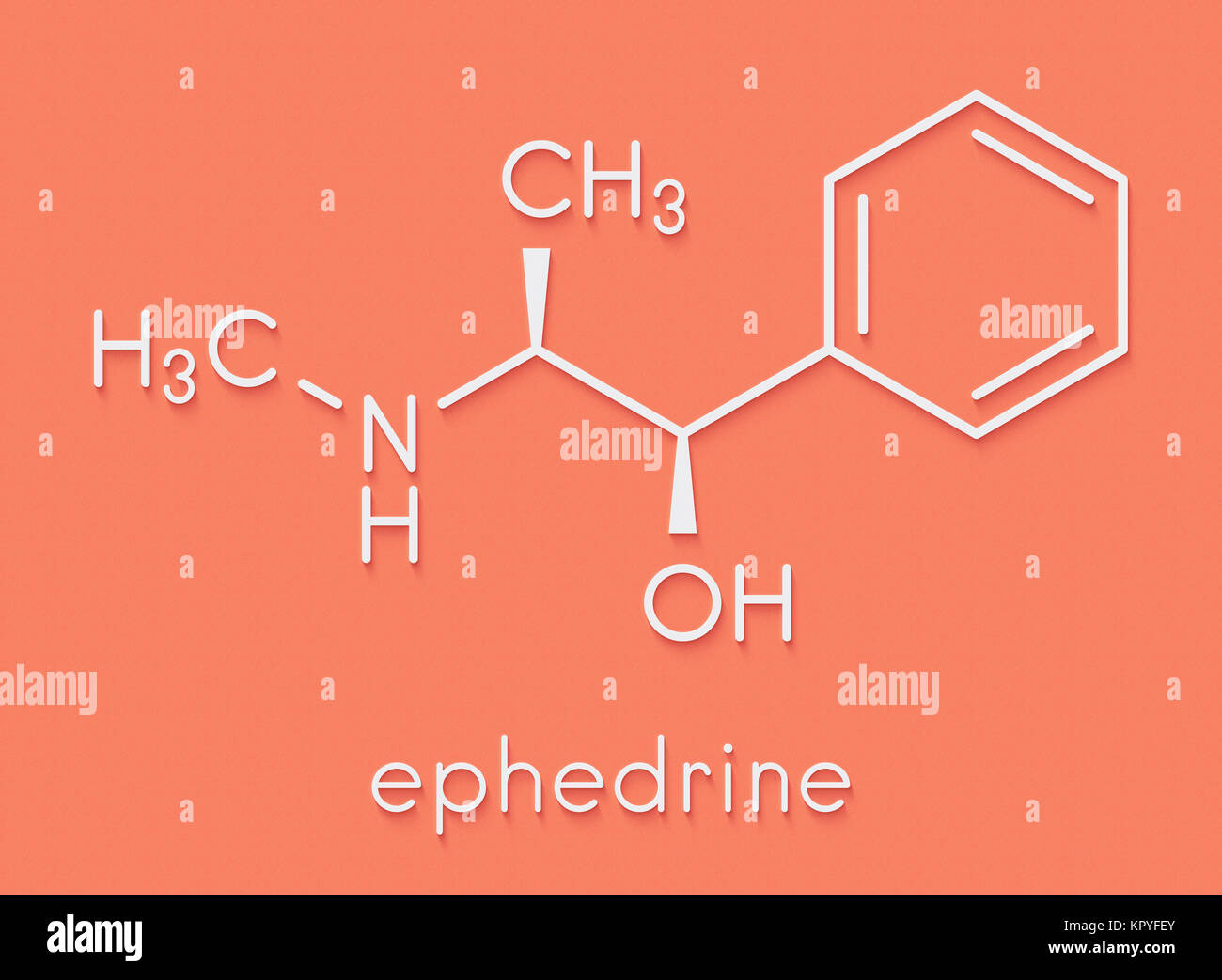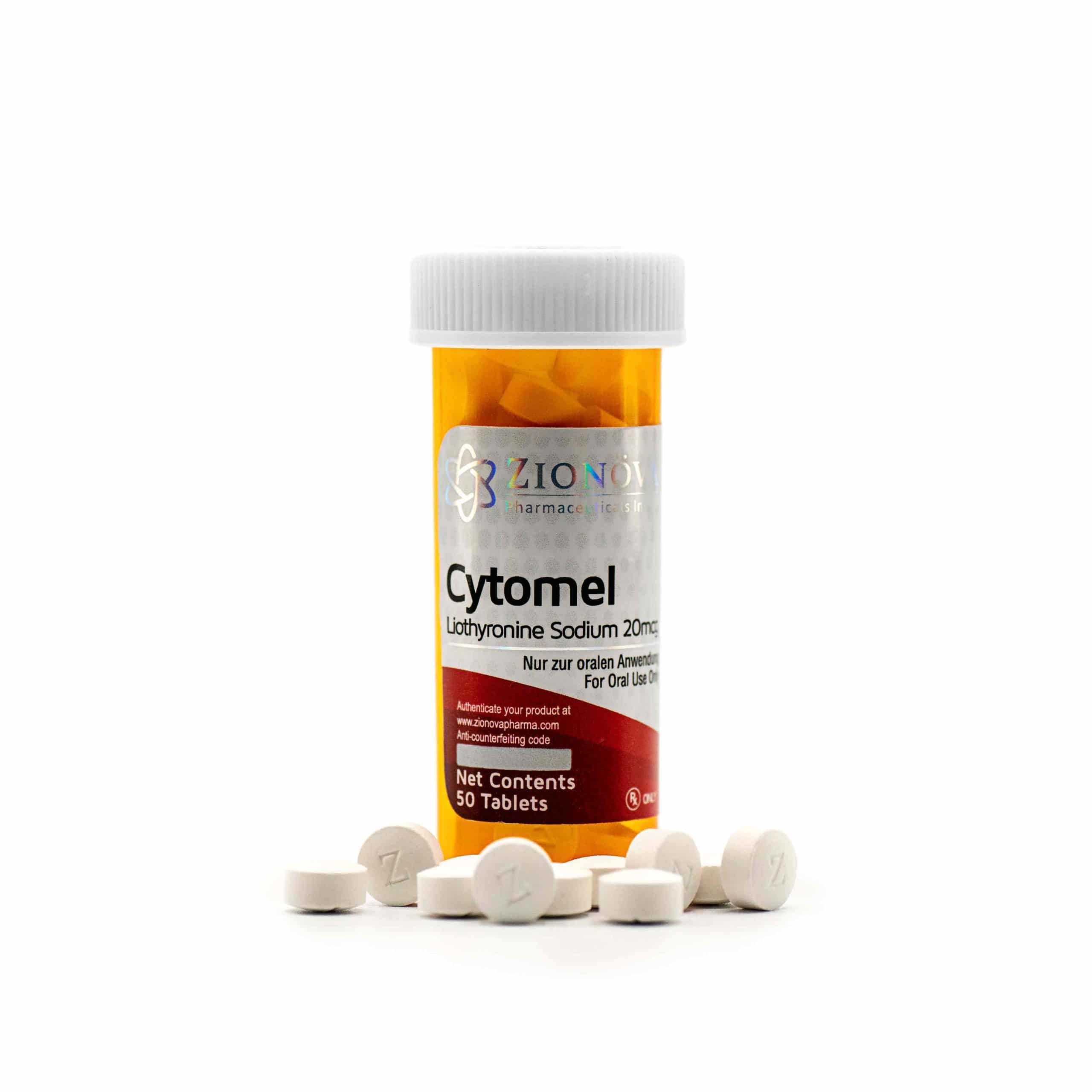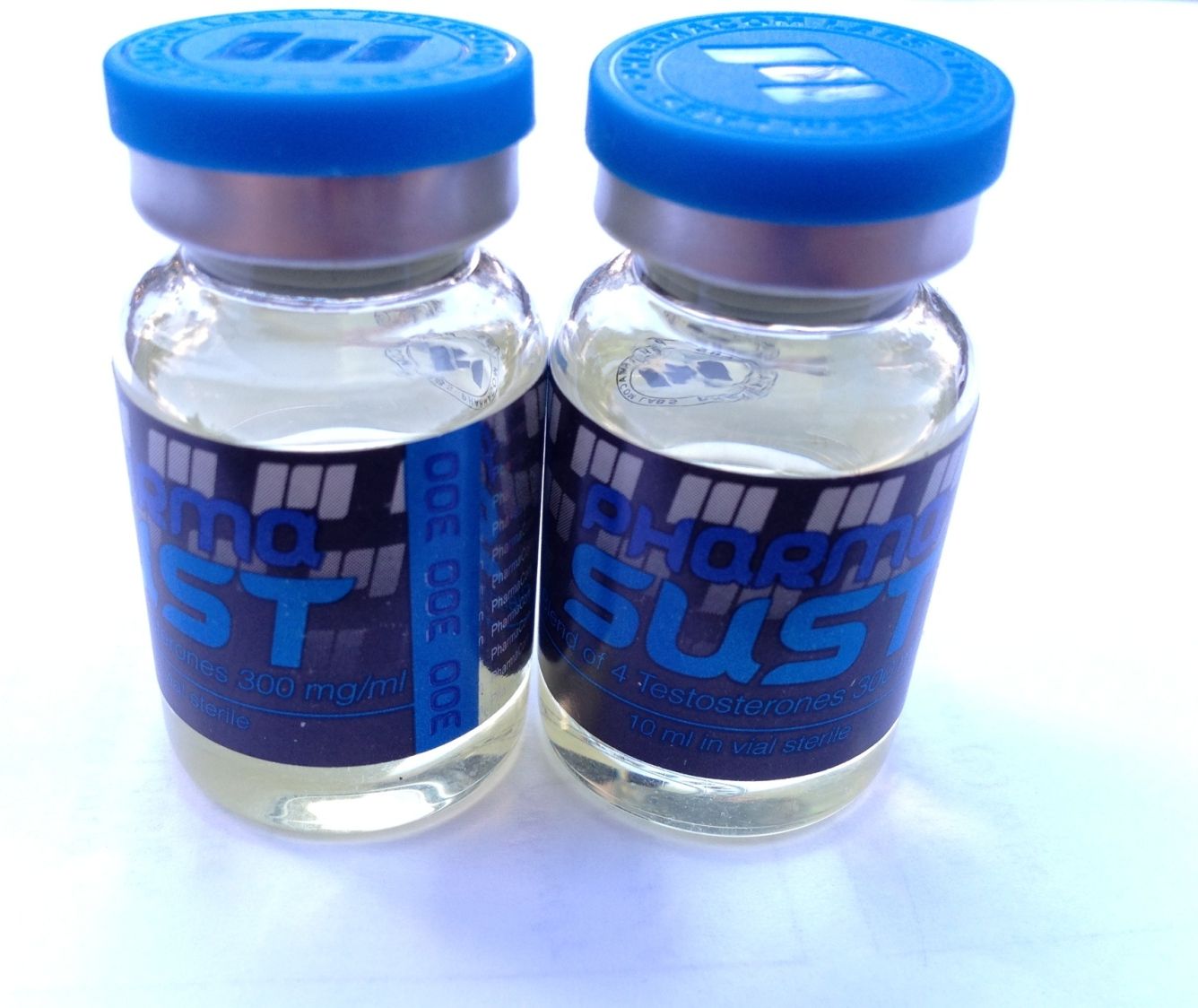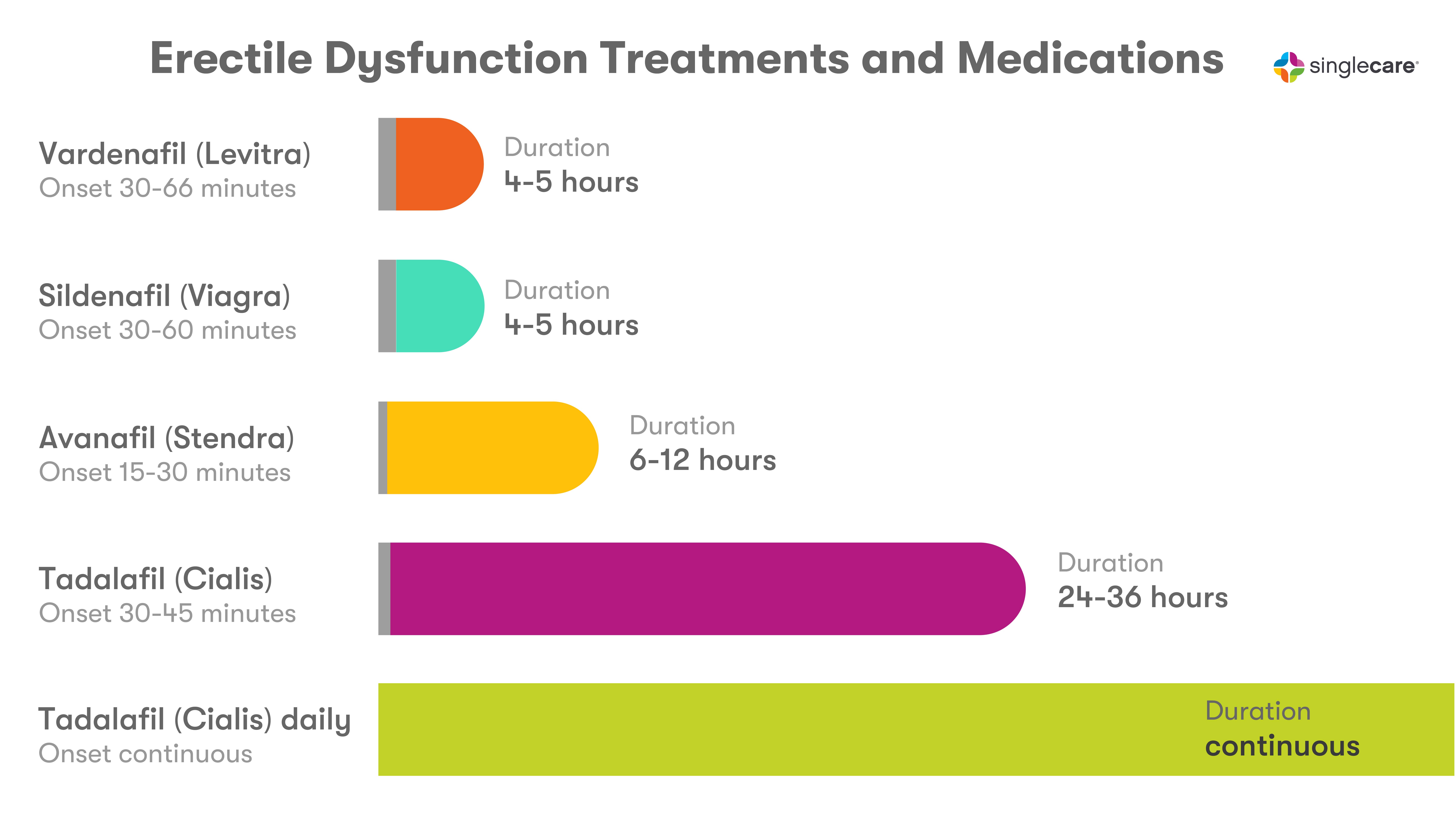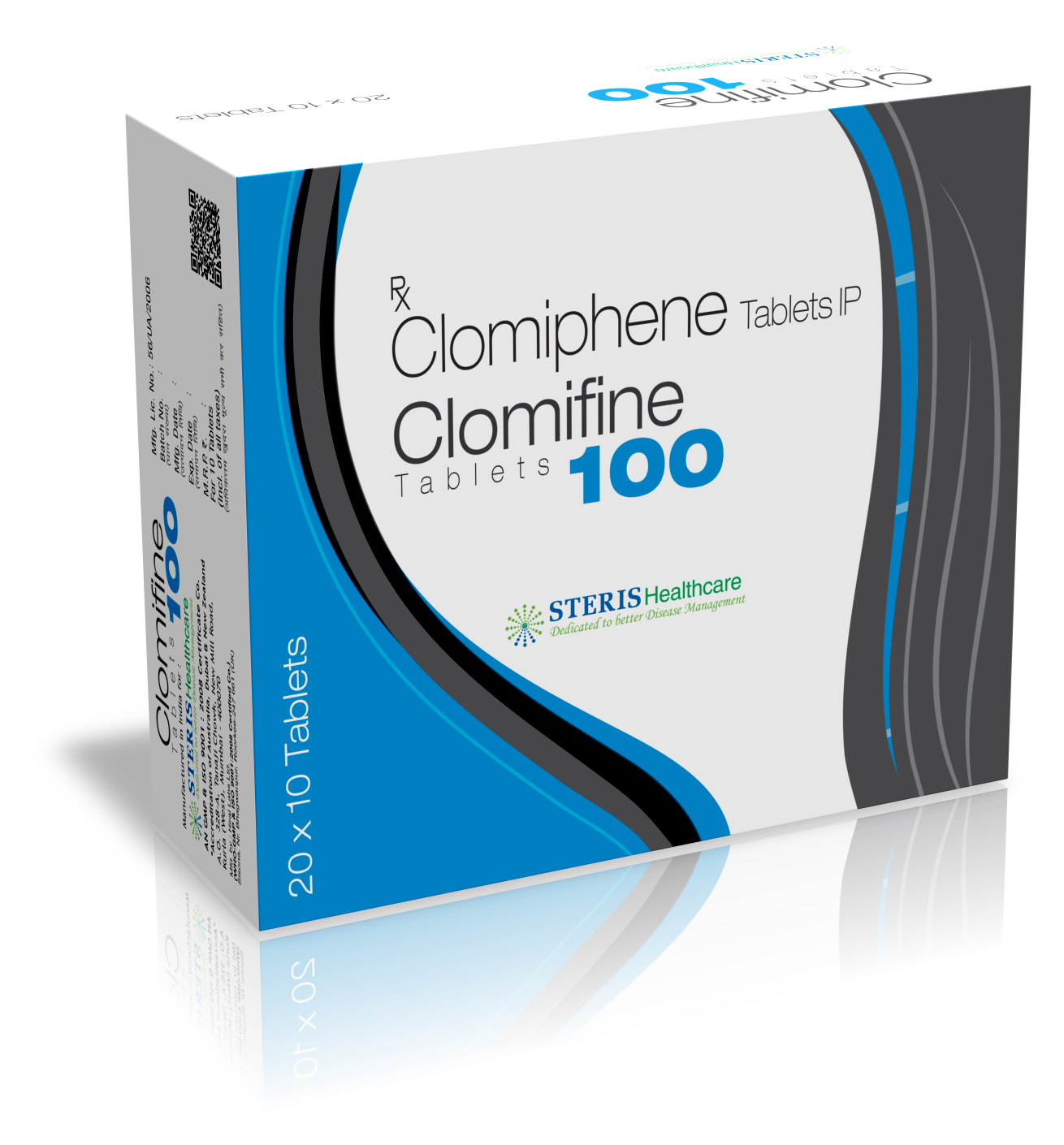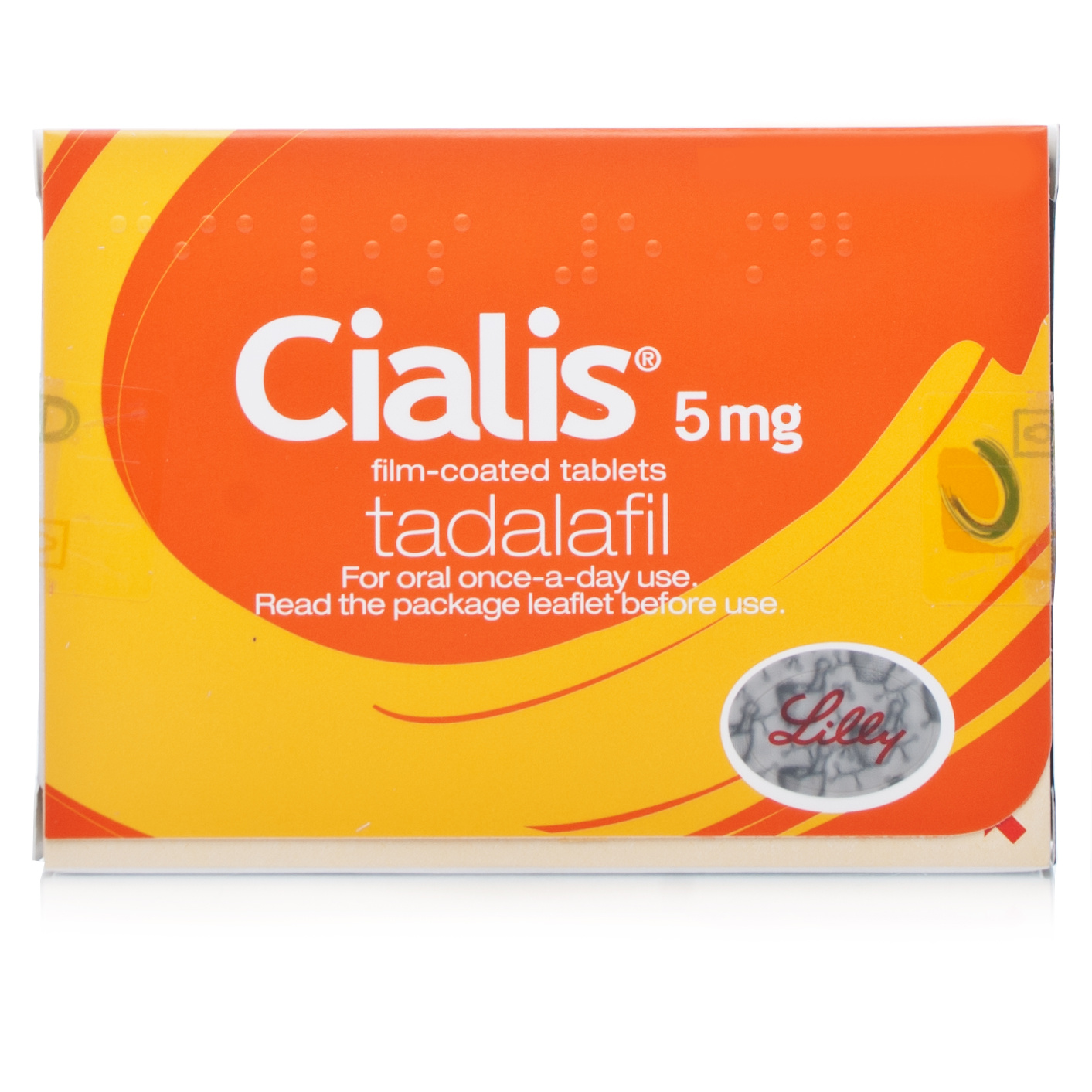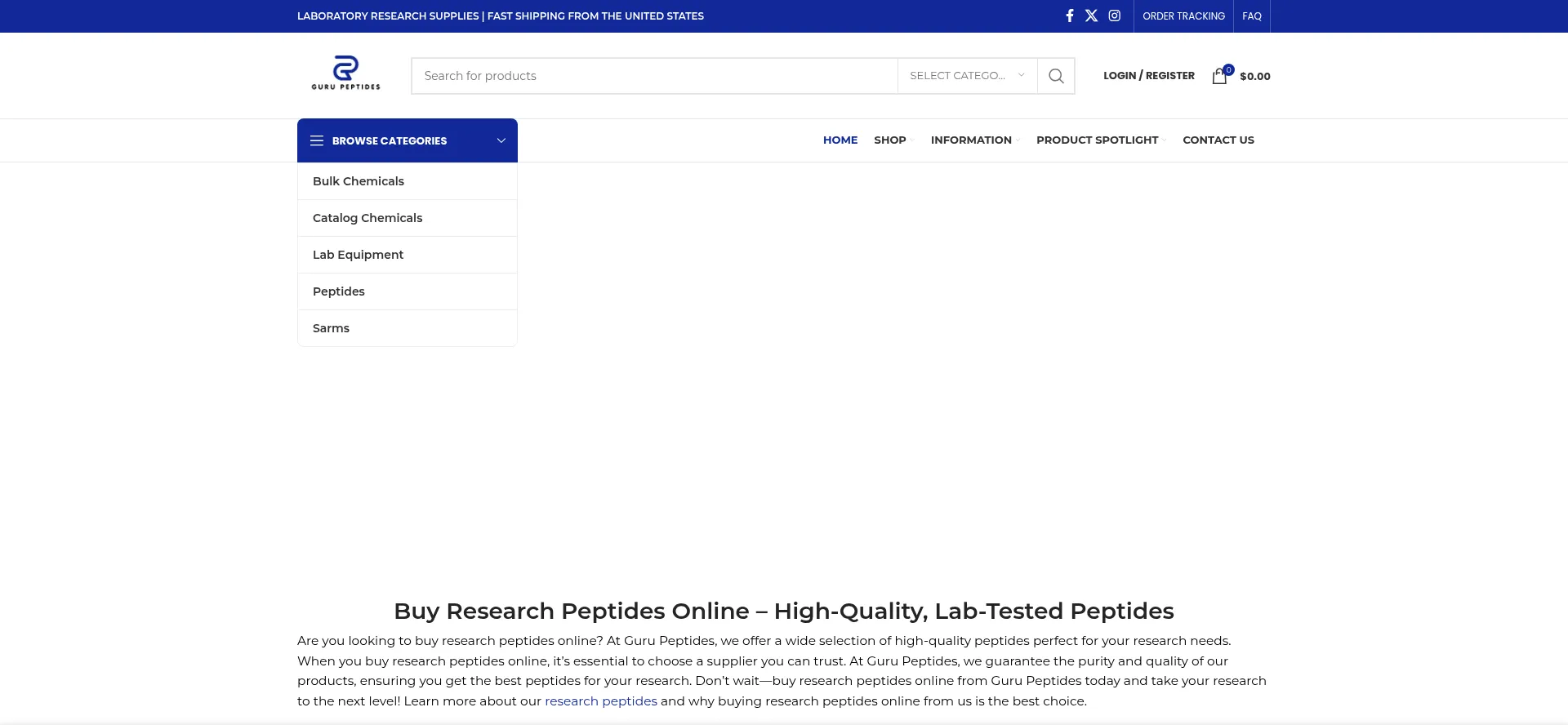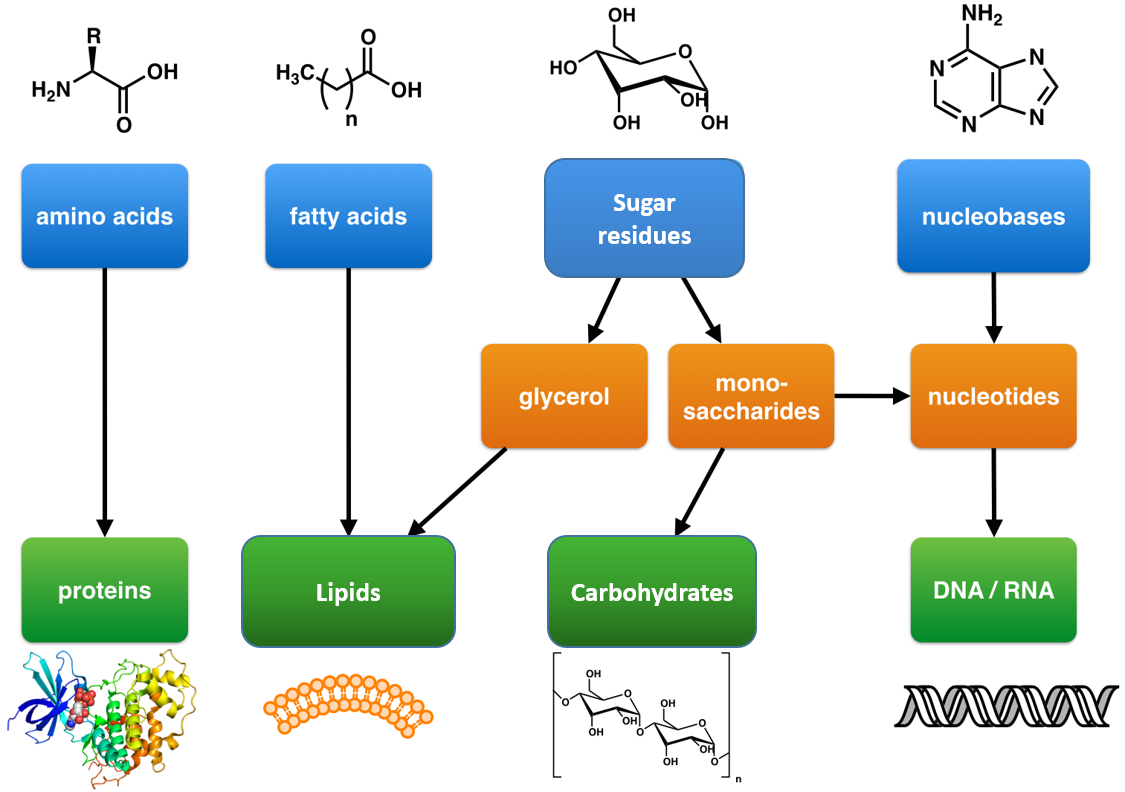When on steroids, particularly corticosteroids, it’s vital to manage your diet to minimize side effects and maintain health. Steroids can lead to increased appetite, weight gain, fluid retention, and high blood sugar levels. To counter these, focus on a diet rich in lean proteins, whole grains, fruits, and vegetables, while limiting sugars, fats, and salt. Protein helps preserve muscle mass, and fiber-rich foods aid digestion, improving satiety to control cravings. Staying hydrated is key to managing fluid retention, and monitoring carbohydrates is essential for blood sugar control. Consulting with a nutritionist can provide personalized dietary advice aligned with your steroid regimen.


